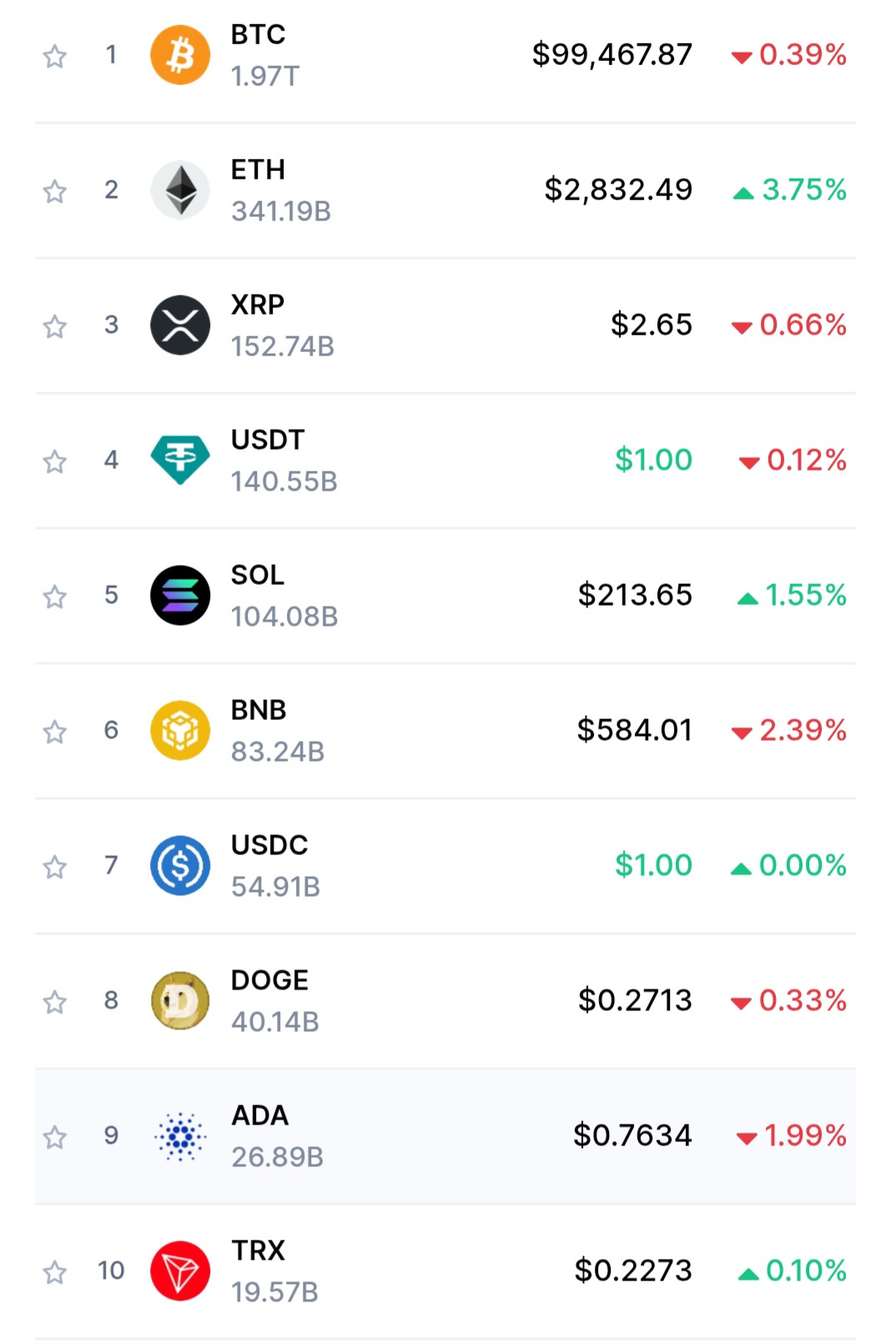
Imagine a form of money that’s not minted by any government, doesn’t exist in physical form, and traverses the globe in seconds without the need for banks. Welcome to the world of Bitcoin, a revolutionary digital currency that’s reshaping our understanding of value and transactions. Let’s delve into what Bitcoin truly is, how it works, and how you can become part of this financial evolution.
Understanding Bitcoin: The Dawn of Decentralized Currency
The Origin Story
In 2009, an enigmatic figure known as Satoshi Nakamoto introduced Bitcoin to the world. Frustrated by the centralized control of traditional finance and inspired by the potential of cryptography, Nakamoto envisioned a decentralized digital currency that could operate peer-to-peer without intermediaries.
What Exactly Is Bitcoin?
At its core, Bitcoin is a cryptocurrency—a type of digital or virtual currency that uses cryptography for security. It’s the first and most well-known of its kind, often referred to as “digital gold” due to its scarcity and store-of-value properties.
- Decentralization: Unlike traditional currencies issued by central banks, Bitcoin operates on a decentralized network of computers worldwide. No single entity controls it.
- Limited Supply: Only 21 million Bitcoins will ever be created, making it a finite resource.
- Peer-to-Peer Transactions: Users can send and receive Bitcoins directly without intermediaries, reducing fees and increasing transaction speed.
The Technology Behind Bitcoin: Blockchain
To grasp Bitcoin, it’s crucial to understand the blockchain—the technology that makes it possible.
- Distributed Ledger: The blockchain is a public ledger that records all Bitcoin transactions. Every participant in the network holds a copy of this ledger.
- Blocks and Chains: Transactions are grouped into blocks, which are linked together chronologically, forming a chain.
- Security and Transparency: Cryptography ensures that once a transaction is recorded, it cannot be altered. This immutability builds trust without the need for centralized authorities.
How Does a Bitcoin Transaction Work?
- Initiation: Alice wants to send Bitcoin to Bob.
- Verification: Miners (network participants) validate the transaction, ensuring Alice has enough Bitcoin and hasn’t double-spent it.
- Addition to Blockchain: Once verified, the transaction is added to a new block on the blockchain.
- Completion: Bob receives the Bitcoin.
How to Invest in Bitcoin: Navigating the New Financial Landscape
1. Educate Yourself
Before diving in, it’s vital to understand the fundamentals:
- Volatility Awareness: Bitcoin’s price can fluctuate dramatically. Be prepared for price swings.
- Regulatory Environment: Regulations vary by country. Ensure you’re compliant with local laws.
2. Setting Up a Digital Wallet
A Bitcoin wallet stores your private keys—the passwords that give you access to your Bitcoins.
- Types of Wallets:
- Hardware Wallets: Physical devices like Ledger or Trezor. They offer high security by keeping your private keys offline.
- Software Wallets: Applications on your computer or smartphone (e.g., Exodus, Electrum).
- Online Wallets: Web-based services (e.g., Blockchain.info). Convenient but potentially more vulnerable to hacks.
- Choosing a Wallet:
- Security Features: Look for two-factor authentication, backup options, and strong encryption.
- User Control: Ensure you have full control over your private keys.
3. Selecting a Cryptocurrency Exchange
An exchange is where you buy Bitcoin using fiat currency or other cryptocurrencies.
- Popular Exchanges:
- Coinbase: User-friendly, especially for beginners.
- Binance: Offers a wide range of cryptocurrencies.
- Kraken: Known for robust security measures.
- Factors to Consider:
- Fees: Trading and withdrawal fees can vary significantly.
- Payment Methods: Bank transfers, credit/debit cards, and other options.
- Customer Support: Responsive support can be invaluable.
- Reputation and Security: Research the exchange’s history and security record.
4. Purchasing Bitcoin
- Account Verification: Complete any necessary KYC (Know Your Customer) procedures required by the exchange.
- Deposit Funds: Add fiat currency to your account via your chosen payment method.
- Place an Order:
- Market Order: Buy Bitcoin immediately at the current market price.
- Limit Order: Set a specific price at which you want to buy.
- Transaction Completion: Once your order is fulfilled, the Bitcoin will appear in your exchange wallet.
5. Securing Your Investment
- Transfer to Personal Wallet: For enhanced security, move your Bitcoin from the exchange to your personal wallet.
- Backup Your Wallet: Safeguard your recovery phrase or private keys in a secure location.
- Stay Informed About Security Practices:
- Regularly update your software.
- Be cautious of phishing attempts and suspicious links.
- Consider using multi-signature wallets for added security.
6. Consider Dollar-Cost Averaging
- Strategy: Invest a fixed amount of money at regular intervals, regardless of the Bitcoin price.
- Benefits:
- Mitigates the impact of volatility.
- Removes the pressure of trying to time the market.
7. Stay Informed and Engaged
- Market Trends: Keep an eye on Bitcoin news, market trends, and regulatory developments.
- Community Engagement: Join forums like Reddit’s r/Bitcoin or attend local meetups to learn from others.
Risks and Considerations
Price Volatility
Bitcoin’s value can swing widely in short periods. Only invest money that you can afford to lose.
Security Risks
As a digital asset, Bitcoin is susceptible to hacking and theft if not properly secured. Always prioritize security measures.
Regulatory Uncertainty
Laws and regulations surrounding Bitcoin can change, impacting its legality and your ability to use it.
Lack of Consumer Protections
Unlike traditional banks, there are no government protections or insurance schemes for Bitcoin holdings.
The Bigger Picture: Bitcoin’s Role in the Future of Finance
Financial Inclusion
Bitcoin offers access to financial services for individuals in regions with limited banking infrastructure.
Innovation and Decentralization
Bitcoin has spurred a wave of innovation, leading to the creation of other cryptocurrencies and blockchain applications that challenge traditional models.
Hedge Against Inflation
Some investors see Bitcoin as a store of value similar to gold, potentially protecting against inflation and currency devaluation.
Exploring Beyond Bitcoin
If Bitcoin is the gateway, the cryptocurrency universe is a vast landscape waiting to be explored.
Altcoins
Other cryptocurrencies, known as altcoins, offer diverse features and use cases:
- Ethereum (ETH): Enables smart contracts and decentralized applications (dApps).
- Litecoin (LTC): Designed for faster transaction confirmations.
- Ripple (XRP): Focused on facilitating global payments.
Investing in Altcoins
- Research: Understand the technology, team, and purpose behind the coin.
- Diversification: Spread your investments to manage risk but avoid overextending into too many assets.
- Stay Cautious: The altcoin market can be even more volatile than Bitcoin.
Final Thoughts: Your Journey Into Cryptocurrency
Investing in Bitcoin is not just a financial decision but a step into a new paradigm of technology and economics. As you embark on this journey:
- Stay Curious: The blockchain space is rapidly evolving. Continuous learning is essential.
- Exercise Due Diligence: Make informed decisions based on thorough research.
- Engage Responsibly: Be mindful of the risks and invest within your means.
Unlocking the World of Mining
Ever wondered how new Bitcoins are created? Bitcoin mining is the process by which miners use computational power to solve complex mathematical problems, securing the network and earning new Bitcoins as a reward. While mining has become resource-intensive, it’s a fascinating aspect of Bitcoin that underscores its decentralized nature.
Environmental Considerations
Bitcoin’s energy consumption has raised environmental concerns. Innovations like adopting renewable energy sources for mining and transitioning to more energy-efficient cryptocurrencies are part of the ongoing dialogue about sustainability in the crypto space.
Navigating Tax Implications
Investing in Bitcoin has tax consequences. Capital gains taxes may apply when you sell or trade Bitcoin. It’s wise to consult a tax professional to understand your obligations and ensure compliance with local laws.
Embarking on Your Crypto Adventure
Bitcoin represents more than an investment opportunity; it’s a movement toward financial autonomy and technological innovation. Whether you’re captivated by the philosophy of decentralization, the potential for financial returns, or the cutting-edge technology, there’s a place for you in this dynamic landscape.
Remember, every expert was once a beginner. Take your time, stay informed, and enjoy the journey into the world of cryptocurrency.

 Previous Post
Previous Post

